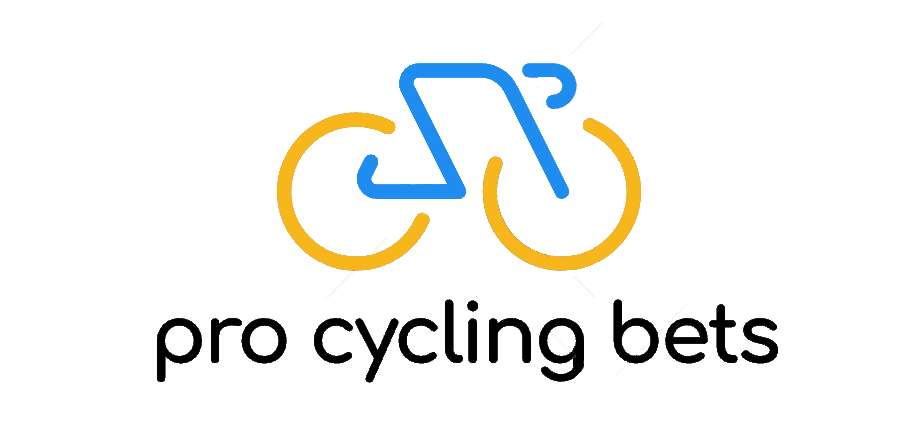What's a Cycling Palmares?

You may have heard the term 'Palmares' thrown around in the cycling community or during cycling commentary for races. Especially after the recent Woutgate scandal where pundits kept mentioning that "Wout had already achieved Gent-Wevelgelm on his Palmares" to prove that Wout gifting the win was not truly magnanimous.
The cycling community assumes you know what it means, and how to use it, but for those just starting out here's a refresher. A rider's palmarès (it comes from the French - and there's an accent on the e if we want to be proper) is the list of achievements a rider has won. The term is also colloquially used to describe the past winners of races. Where a commentator may say "here's the palmarès for Tour de Flanders" and proceed to list out the past winners of the race.
The term's re-use doesn't stop there though. It's also a general term used to describe a rider's past results, not just the races that they have won, but their positions in their past races. In other words, their PCS file, and how good they've been in the past.
Riders may target certain races to flesh out their palmarès either in terms of depth or breadth. For example, a rider may aim for depth and attempt to see how many times they can win E3 Saxo Bank Classic, or on the other hand, attempt to win every major race on the calendar (which Pogačar is seemingly attempting to do) like a checklist.
Riders' palmarès often influences their contract and extensions for coming years, and are a critical piece at the bargaining table for them. Palmarès are also generally a strong trend indicator when it comes to laying bets, but shouldn't be used naively. Just because a rider won the race the year before doesn't mean they're guaranteed the next year. Their competition may be different, but more importantly, their form earlier in the season is usually a stronger prediction.
